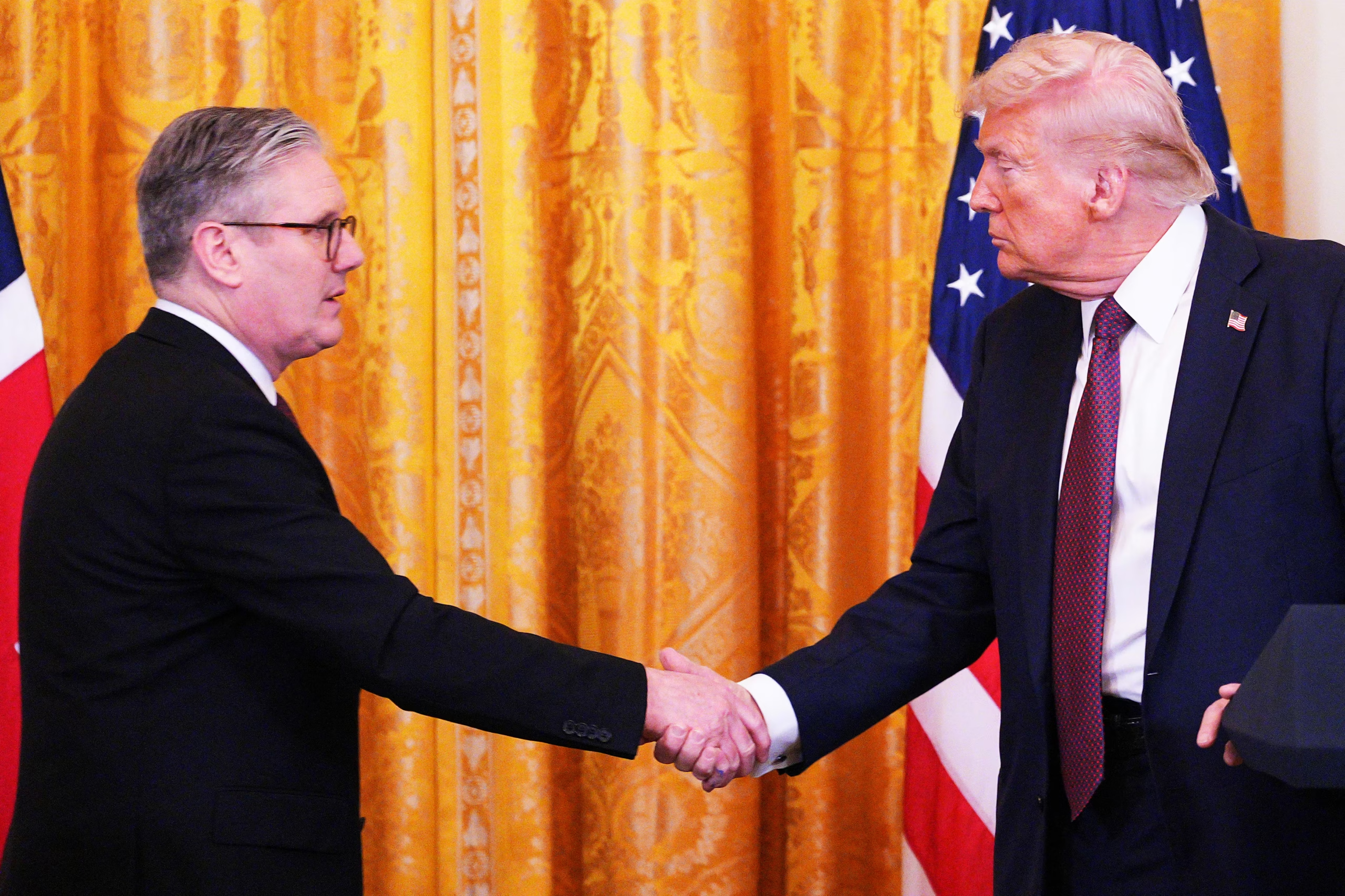In a significant diplomatic breakthrough, President Donald Trump and UK Prime Minister Keir Starmer jointly announced a landmark US–UK trade agreement, promising to reshape transatlantic trade by reducing tariffs and boosting economic cooperation.
As per reporting from BBC News, the agreement eliminates steep American tariffs on British steel and aluminium and cuts duties on car exports, providing critical relief to UK industries. Trump called it a “great day for American workers,” while Starmer said the deal “secures jobs and stabilizes key sectors.” The stock markets in both countries responded positively, with indexes rising in early trading.

American duties on UK steel and aluminium—previously set at 25%—will now be removed entirely, according to The Guardian. The 27.5% tariff on UK car imports will be slashed to 10%, covering up to 100,000 vehicles annually. In return, the UK has agreed to lower levies on US ethanol and allow reciprocal beef exports up to 13,000 tonnes—terms confirmed by Reuters.
Despite the progress, concerns remain. UK food safety standards will still ban hormone-treated beef and chlorinated chicken, as clarified by Starmer’s spokesperson. Issues related to tech services, digital tax, and NHS procurement were intentionally left out of this phase of the deal and will be negotiated later, as highlighted by The Financial Times.
Trade unions such as the TUC praised the deal, calling it a lifeline for thousands of workers, while the American Automotive Policy Council raised concerns about UK cars gaining an advantage over models made in Mexico or Canada. UK opposition figures like MP Kemi Badenoch criticized the deal, arguing it gave away too much without securing reductions in US-wide tariffs.
Despite these criticisms, Vice President J.D. Vance described the agreement as “a win for both nations.” Analysts view this as a blueprint for post-tariff trade frameworks that balance national interests with global cooperation.




